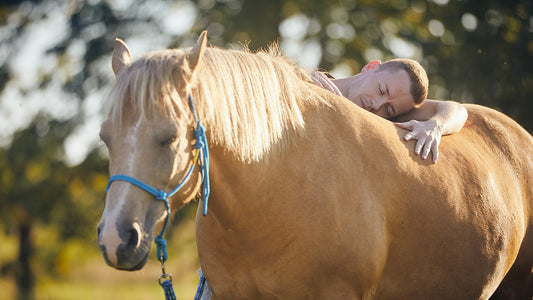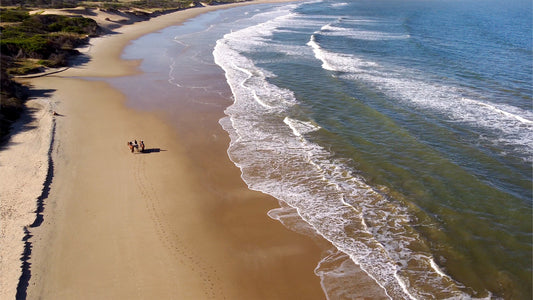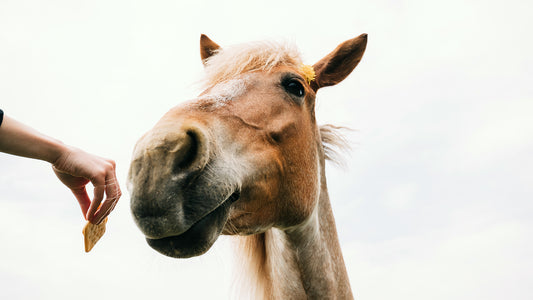Feeding your horse is not a minor issue. It doesn't matter if you have a playful foal, a hard-working adult, or a noble older horse, each stage of its life requires special attention to keep it healthy and happy. Here you have the definitive guide to feeding your horse at each of its life stages.
Foal Feeding: The Beginning of It All
From the first breath, foals need a specific diet that helps them grow strong and healthy. Breast milk is their main source of nutrients, and it is vital that they receive colostrum in their first hours of life. But don't rest on your laurels, because soon they will want to explore more.
- Creep Feed: Introduces creep feed, a food designed especially for foals, which complements breast milk and fills any nutritional gap. Don't give them adult food yet.
- Hay and Grass: Starting at 3-4 months, start offering high-quality hay and fresh grass. They need a good supply of proteins and minerals for rapid growth.
- Concentrated: Concentrated foods with 14-16% protein are ideal for these little athletes in training.
Feeding Adult Horses: Keep the Engine Running
Adult horses have different needs depending on their activity level. A horse that trots from time to time is not the same as one that competes daily. Here is the recipe to keep your horse in its best shape.
-
Hay and Grass: The basis of their diet should be good quality hay and grass. Vary sources to ensure a wide range of nutrients.
-
Concentrates: If your horse is a high-performance athlete, concentrates are key. Adjust the amount based on your activity level. A maintenance horse needs 8-10% protein, but those working more intensely will require adjustments.
- Supplements: Vitamins and minerals may be necessary to fill any nutritional gaps, especially if your main diet does not provide them in sufficient quantities.
Feeding Older Horses: Farm Veterans
Older horses have their own needs. Digestion becomes more complicated and dental problems may arise. Here is the formula to keep them happy and healthy.
-
Soft Hay and Easy to Chew Foods: Provide good quality hay, but make sure it is soft. Extruded or soft pellet foods are easier for them to digest.
- Protein and Supplements: Keep a good amount of protein in your diet to avoid muscle loss. Supplements for joint and digestive health are also a good idea.
Proper Hydration: Never Underestimate the Power of Water
No matter your horse's age, he should always have access to fresh, clean water. Hydration is essential for digestion and general well-being.
Consult a Veterinarian: You Are Never Alone in This
Each horse is a world. Consult your veterinarian to adjust your horse's diet based on his specific needs. They can offer you the best guidance to keep your horse in optimal condition.
Make a Difference: Feed a Horse
Do you want to do something amazing today? Donate to feed a rescued horse. Your support not only fills their stomachs, but also gives them a new lease on life. Imagine the impact of knowing that, thanks to you, a horse is healthy and well fed. It's not just a donation, it's an act of love.
Make a donation to feed a horse
Correct nutrition not only ensures the health of your horse, but also strengthens its general well-being and your relationship with it. Follow this guide and make sure your horse receives everything he needs at every stage of his life.





